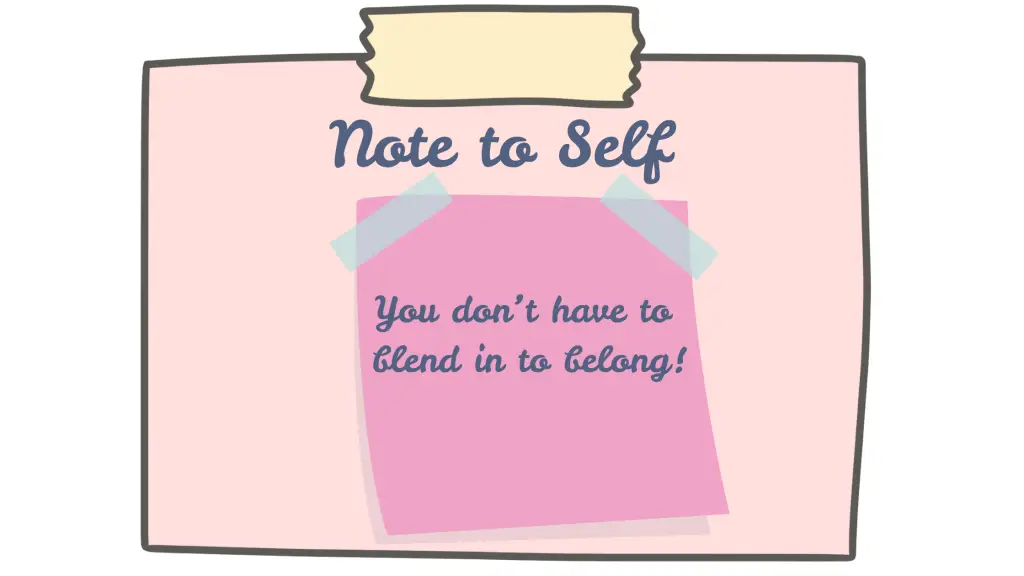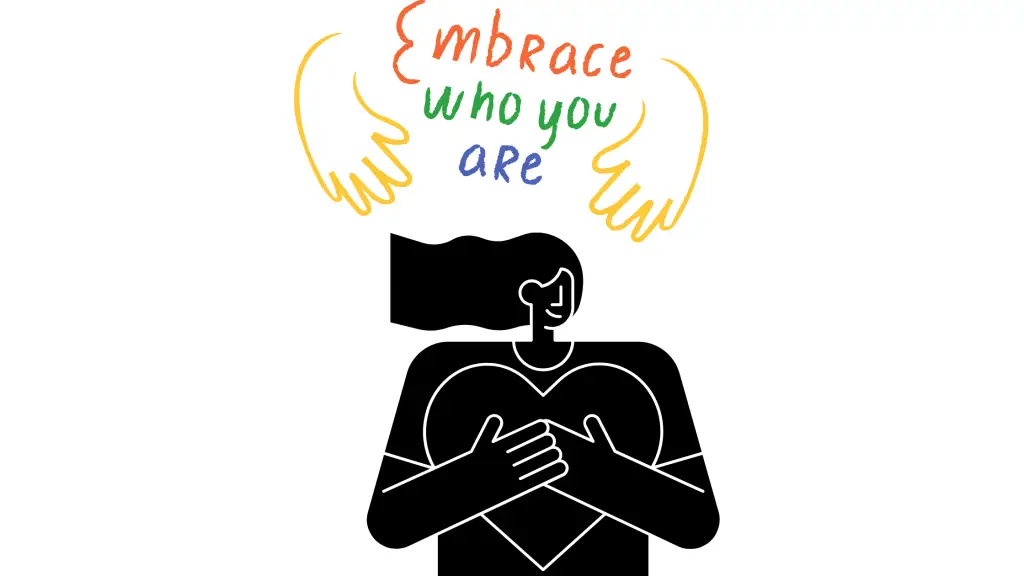Introduction
After four years in Spain, I’ve learned to navigate the metro blindfolded, order tapas like a pro, and even recognize half of the football chants in the streets. Yet, despite all this, I still feel let out in small, unexpected ways—reminders that I am still a stranger after years abroad. Maybe it’s a joke I don’t quite get, a saying that makes no sense, or a trending meme that everyone else seems to understand instantly. Living abroad long-term doesn’t magically erase the feeling of being “other,” and that’s both frustrating and fascinating. In this post, I want to explore those subtle reminders that you’re still not fully local—and share ways to embrace them without feeling left out.
The Daily Reminders That You’re Not Fully Local

Even after years of practice, there are moments that quietly remind you that you’re not “from here.” Language is a big one: idioms, slang, and regional sayings can be utterly baffling. I remember once at a café, a friend said I was “más perdido que un pulpo en un garaje”—literally, “more lost than an octopus in a garage.” I nodded politely, smiled, and spent the next ten minutes imagining a very confused, eight-armed creature trying to parallel park. Only later did I learn it just meant I was totally lost. Or the time someone told me “me suena a chino”—my brain immediately went to imagining someone speaking Mandarin in a tapas bar—when really it just meant, “I don’t understand.”
Then there are the pop culture gaps. I can watch Spanish trivia shows or game shows where contestants have to guess famous songs or celebrities, and I never get a single one right. The other day, they played a classic Spanish hit from the ‘80s—I could hum the melody, but not a word of the lyrics, and had no clue who the singer was. Meanwhile, everyone else was shouting the answer in unison, and I felt like an extra in someone else’s cultural memory.
Even humor and social cues can feel subtly different. Once, after a Sunday lunch with Spaniards, someone said it was time to go once we had all finished our drinks and meals. I took it literally, while everyone else started laughing hysterically. It was, of course, a joke—there’s no way people actually leave right after lunch without honoring the habit of sobremesa. So, after laughing it off, we simply stayed at the table, as if the idea of leaving after a two-hour lunch were completely absurd. And during all that time, I felt the familiar twinge of being an outsider, thinking, “Yep, still a stranger after years abroad.”
These moments aren’t dramatic—they’re tiny, everyday nudges. They appear in casual conversations, in the things you don’t understand at the supermarket, in gestures that seem perfectly normal to everyone else. They make you pause and think, “Ah, I’m still not fully part of this,” even after years of living and loving this country.
Why Feeling Like a Stranger After Years Abroad Isn’t Necessarily Bad

Here’s the thing: feeling like a stranger all the time isn’t necessarily a bad thing. In fact, it comes with unexpected perks. That slight “otherness” keeps you observant and curious. You notice details that locals might completely overlook—like the quiet hush that falls over a neighborhood during siesta time,, or the tiny ritual of toasting—clinking glasses in the air, then tapping the bottom of the glass on the table—before taking a sip These little observations give you a richer, more nuanced view of daily life than someone fully “at home” might ever notice.
Being a long-term outsider also gives you a unique perspective in conversations. You can explain your home culture in ways locals hadn’t considered, or offer fresh takes on local trends, fashion, or habits. Being an outsider also allows you to contribute fresh insights in conversations. I remember the first time I saw children setting off petardos right outside a café. I froze, thinking they must be in danger and debating whether we should alert the parents. Everyone else around me just laughed and kept sipping their coffee. My shocked reaction made everyone laugh even harder, and instead of feeling embarrassed, I realized how fun it was to witness these little cultural quirks from a fresh, slightly bewildered perspective. Moments like these can turn cultural differences into bridges, rather than barriers.
Feeling like a stranger also builds resilience. Navigating life abroad teaches patience—you learn that not everything will make sense immediately, and sometimes you have to sit through a two-hour lunch (sobremesa included) just to grasp the rhythm of local life. It builds adaptability: you figure out how to communicate, make friends, and even celebrate holidays differently from how you grew up. And it gives you the invaluable ability to laugh at yourself, whether it’s mispronouncing a word, misreading a joke, or getting lost in a city you thought you knew.
Finally, that sense of being “other” is what makes your experience distinctive. While locals may take cultural norms for granted, your outsider perspective allows you to see beauty, humor, and strangeness in ways that feel fresh every day. Feeling like a stranger after years abroad isn’t a sign of failure—it’s evidence that you’re fully immersed in a life that’s different from what you knew, learning to blend curiosity, humor, and patience into your everyday routine. In other words, being a stranger might just be the best part of living abroad—it keeps life interesting, humbling, and endlessly memorable.
Navigating Subtle Strangeness Day-to-Day

Living long-term in another country is less about mastering everything perfectly and more about learning to dance with small, everyday moments of dissonance. Instead of feeling frustrated when a joke goes over your head or a local trend leaves you baffled, pause and observe—curiosity goes a long way. Ask questions when appropriate, even about things that seem “obvious” to locals. For example, I remember being in Valencia during Las Fallas in March. At the opening ceremonies, I saw people crying and getting extremely emotional, and I couldn’t understand why. I asked some local friends, and they explained how deeply meaningful this festival is—how it’s not just about the fireworks and sculptures, but about community, tradition, and letting go. Suddenly, what seemed surprising to me felt beautiful, and I realized that these moments of intensity are completely normal here, even if they caught me off guard.
Blend patience with exploration. You don’t need to catch every saying, understand every festival, or memorize all regional quirks overnight. Sometimes it’s enough to laugh at yourself or simply note the oddity for later reflection. Sharing your outsider perspective can also be surprisingly rewarding: your “wrong” guess about the rules of a local card game or misinterpretation of a festival tradition often sparks discussion and amusement—and even makes locals reconsider their own assumptions.
Finally, cultivate communities that make the subtle strangeness feel less isolating. Friends who enjoy cultural exchange, locals open to sharing their habits, or fellow long-term residents can turn confusing moments into shared adventures. Over time, navigating these tiny oddities—like the sudden quiet during siesta or the tiny rituals around ordering coffee at your neighborhood café—becomes part of the rhythm of life abroad: unpredictable, amusing, and endlessly rewarding.
Still a Stranger After Years Abroad: Learning to Embrace Your Hybrid Identity

After a few years abroad, you start realizing that you live somewhere between two worlds. You’re not fully a local, but you’re no longer just a visitor either. You can argue about the best pan con tomate in town, yet still convert prices into your home currency without meaning to. You might speak fluent Spanish but still feel your accent betray you the moment you say “gracias.” It’s a funny, in-between space—one where you’re both inside and outside the culture at the same time.
At first, that realization can sting. You spend years adapting, learning, blending in, and suddenly you notice that no matter how much you try, there’s always a trace of “otherness.” But over time, that feeling transforms from frustration into something more liberating. You start to see it as a kind of superpower. You get to cherry-pick traditions—celebrating Reyes Magos in January and Thanksgiving in November, or adopting the Spanish habit of long Sunday lunches while still enjoying your typical comfort foods from home. You build your own routines that blend the best of both cultures, and that mix becomes part of who you are.
Still feeling like a stranger after years abroad isn’t a flaw—it’s a mark of growth. You’ve stretched your idea of home so far that it doesn’t fit neatly inside one flag or language anymore. You start documenting your experiences, laughing at small misunderstandings, and feeling at peace with the fact that your identity no longer has straight edges. You don’t belong entirely anywhere, but in a way, that means you belong everywhere.
This hybrid identity is what makes life abroad endlessly rich. You learn to live in the in-between: ordering tapas like a local, missing your home comfort foods, and feeling strangely at ease with never fully fitting in. It’s the kind of belonging that isn’t about place—it’s about perspective. My advice is to celebrate the in-between moments, and remember: being a stranger after years abroad is not a limitation—it’s your greatest adventure.
